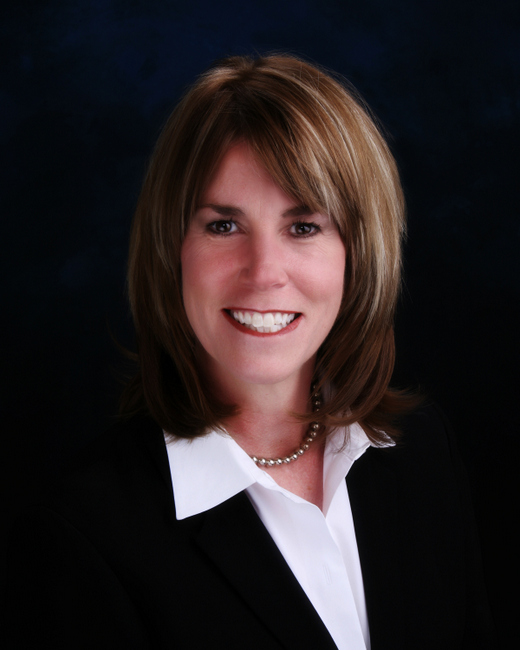
Brock, who was recruited into the industry while working as a bagger at a grocery store and attending the University of Texas at Austin, is now division president, Central, at Riverstone. She oversees 160 communities in Colorado, Illinois, Kentucky, Louisiana, Michigan, Missouri, North Dakota, Oklahoma, and Texas.
By the end of 2013, that community number will be higher. As the largest third-party multifamily management firm in the United States, Riverstone will be taking on new inventory this year. These new Riverstone communities, especially those in high-demand Central division markets like Chicago, Austin, Denver, Dallas, and St. Louis, have been in the development pipeline for the last 12 to 18 months.
In a shift from previous development cycles, Brock told us that developers are now seeking the insight of property managers before making final decisions on floor plans, in-unit technology, and community amenities. The anticipation of prospects’ wishes speaks to the growing power of the renting consumer.
“In the past, I don’t think that developers were looking to sort out these types of details so far in advance,” observed Brock. “Today, if developers don’t have in-house management, they proactively reach out to our local experts for expertise and guidance on their target market and what consumers are going to expect or want.”
After being discovered in that Austin grocery store by a property manager whose groceries she carried out to her car, Brock took a job as a leasing consultant in Austin and later moved to a property management role in Houston. In 1996, she was recruited by Trammell Crow Residential (TCR), and assisted with the lease-up of 4,000 units of new construction there. One of her early mentors at that company, current president and CEO Ken Valach, stressed the importance of collaborating with all vested parties in a development early in the process. Brock took Valach’s lesson to heart.
Having completed more than 100 property lease ups during her career, Brock has developed extensive insight into what renters are looking for, and how their desires have changed.
Right now, she says, multifamily leaders must offer current apartment availability 24/7 through an online system. The Riverstone Web Platform (RWP), the company’s online leasing platform, integrates the power of five different service providers and ultimately populates its Yardi Voyager database. The RWP, which went live in early 2012, won Multifamily Executive magazine’s Best Use of Technology award.
“The interaction between the prospect and the leasing staff, from the first contact through the day they move in, is now focused on a seamless process and meeting the consumer where they want to be, whether in person or on their choice of technology,” Brock said. “Do they want to tour your building in the middle of the night, at 2 a.m.? Giving them access to the information they need, whenever they need it, is essential.”
And for Millennial apartment renters aged 20-30, the amount of information accessible on computers, smartphones, and tablets often drives their decision about the next place they’ll call home. Though most prospects still want to take an in-person tour of a unit, a growing number are comfortable with committing to a lease after viewing online photos, floor plans, and video tours.
Brock told us that when it comes to amenities, new buildings are often offering smaller units, sometimes as a trade-off for being located in coveted, trendy urban areas. There’s also a move toward larger, more common spaces that entice renters to spend time outdoors, like rooftop decks. In response to renter demand, high-tech fitness centers with virtual trainers are popular, and upping the quality and technological features of the cardio and weight equipment is important.
Whether renters are truly satisfied with smaller living spaces will be one of the major tests of the next lease-up cycle, Brock said. “Everybody’s asking if the microunit trend is going to go over as well as the developers think it will.”
Brock noted that as these smaller units enter the market, existing multifamily managers will be focused on retaining their residents in 2013 and beyond, lest they be tempted by the shiny amenities of a new development. She added that because the landlord’s market of the last several years cannot continue indefinitely, Riverstone has placed an emphasis on knowing the competition and increasing the level of service delivered to existing residents.
Retention isn’t important just for Riverstone residents, Brock affirmed; recruiting, developing, and retaining highly skilled and customer-focused team members is a priority for her and her regional managers in 2013.
“Our success is built upon a foundation of associates who possess exemplary people skills, an aptitude for sales, an ability to multitask, astute financial awareness, a sense of salesmanship, and a passion for technology,” Brock said. “This year, we will be looking for new ways to cultivate the next generation of multifamily leaders, and find ways for them to add value to the Riverstone programs and services that promote client and resident satisfaction.”
Training and developing top talent is one of Brock’s favorite parts of her job.
“In other industries, you specialize in something. In our industry, however, we have to be well-versed in areas including marketing, technology, people management, project management, and team building,” she said. “When you are fortunate to work with people who have demonstrated the potential for mastery in those areas, you truly want to invest in them so that they can deepen their expertise, develop leadership qualities, inspire their colleagues, and grow your business fundamentals.”


